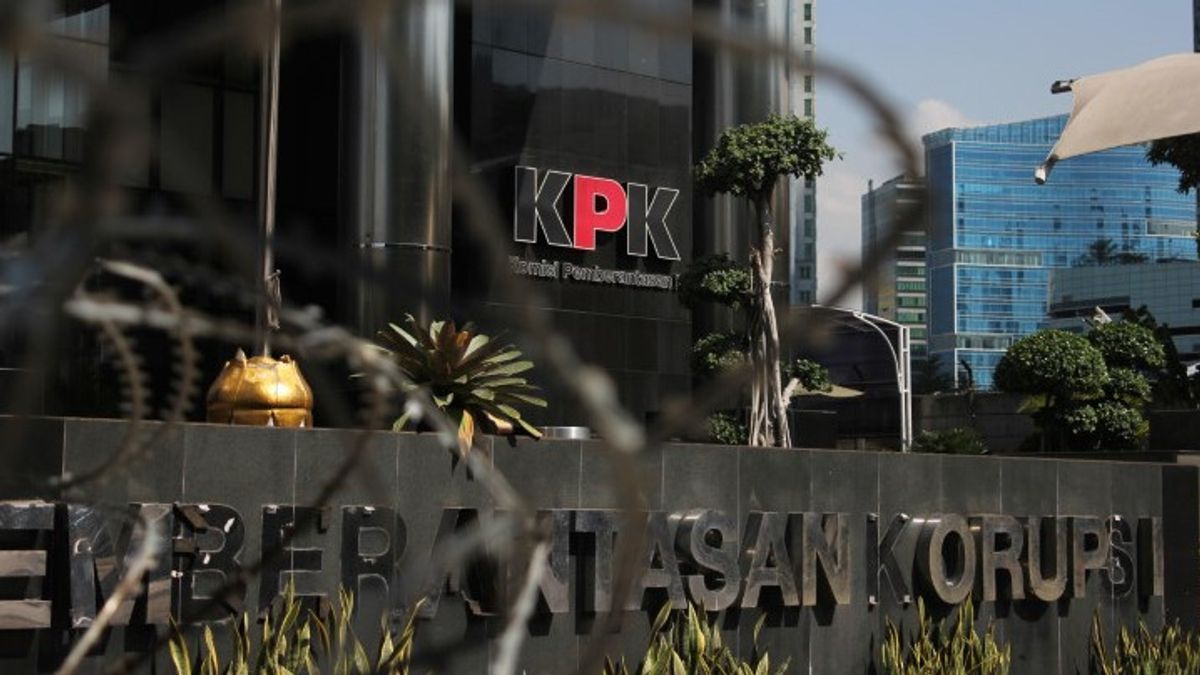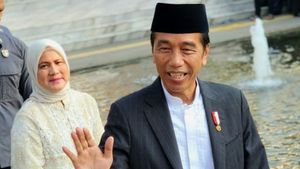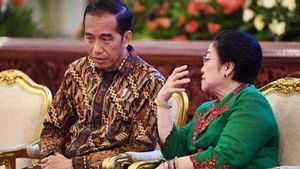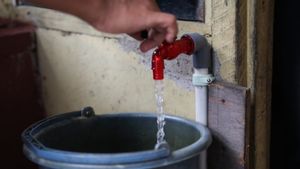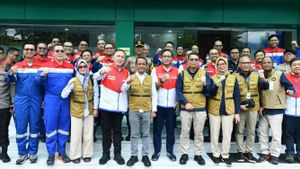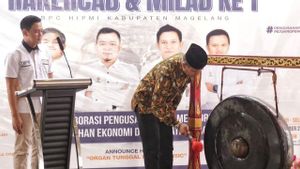JAKARTA - Deputy Chairman of the Corruption Eradication Commission (KPK) Alexander Marwata admitted he was confused because many people questioned his prevention program which collaborated with former convicts of corruption.
According to him, programs like this have actually been carried out in many other institutions, including the National Counter-Terrorism Agency (BNPT).
"(Former, ed) drug addicts want other people not to become drug users. Ex-terrorists how can they become BNPT partners to make people aware not to commit terrorism. There are many like that," said Alex to the Indonesian KPK's YouTube show which quoted Thursday, August 26.
He then explained that the KPK wanted to cooperate with the former convicts of this corruption case with the same goal. Moreover, by cooperating with former corrupt convicts, it does not mean that the anti-corruption commission supports corruption.
"Later, it's up to the rights concerned, maybe he wants to share his experiences when he was a state official and his time in fostering correctional institutions," said Alex.
Furthermore, he said that later ex-convicts of corruption cases would give their testimonies during their sentence. This is believed to create fear for the community to commit the same crime.
"Former corruption perpetrators, if you want to share with the public, to other officials to remind (for example, ed) don't be corrupt, I've been corrupt, oh my, I suffer in prison, my wife and children suffer," he explained.
As previously reported, the Acting Spokesperson for the KPK for Prevention, Ipi Maryati, said that convicts of corruption crimes would not become anti-corruption counselors. He said later he was only asked to give testimony about his experience.
This was conveyed to answer the polemic of anti-corruption counseling carried out by corruption convicts which has recently been highlighted by the public.
"They do not automatically become anti-corruption counselors, but these prisoners will be asked to give testimony about their experiences during the legal process, both the impact on themselves, their families, and in their social life," Ipi told reporters quoted on Monday, August 23.
By sharing these testimonies, it is hoped that these corrupt convicts can provide lessons for the community so that no one will follow their footsteps.
Ipi said that currently only seven inmates from Sukamiskin, Bandung and Tangerang prisons have passed the screening to be asked for their testimonies in this program. They were chosen after a psychologist carried out mapping of prisoners whose prison terms were almost over.
Mapping is done through two-way communication methods, recognizing personality, analyzing gestures, sound vibrations, writing strokes, and others. It aims to obtain data on prisoners who are willing and able to be involved in anti-corruption programs.
Moreover, Ipi said that everyone without exception has the opportunity to participate in preventing corrupt behavior and eradicating it. No exception to the convicts of corruption cases.
"There is no community group left behind in the corruption eradication program. The whole community can participate in eradicating corruption in accordance with their respective capacities, including former corruption convicts," he said.
The English, Chinese, Japanese, Arabic, and French versions are automatically generated by the AI. So there may still be inaccuracies in translating, please always see Indonesian as our main language. (system supported by DigitalSiber.id)
